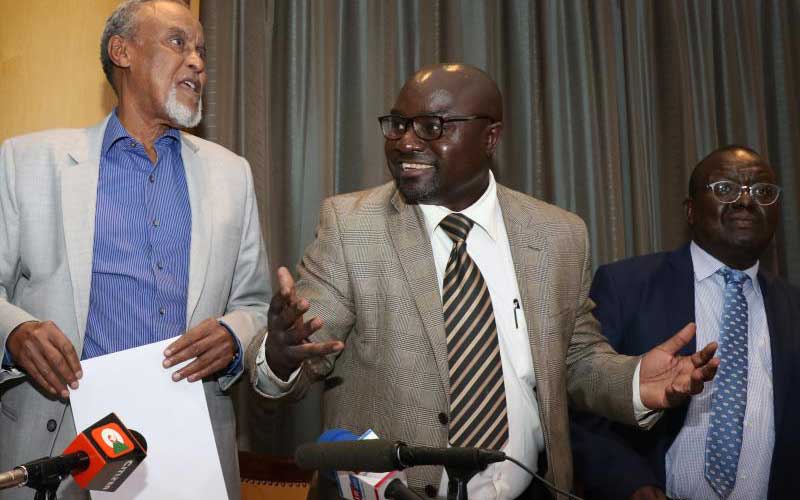×
The Standard e-Paper
Kenya’s Boldest Voice

Judges and judicial officers have recommended a raft of constitutional changes to the Building Bridges Initiative, an indication that the Judiciary has been allured by the task force.
In their memorandum that was quietly passed to the BBI through the Judicial Service Commission (JSC), the judges want the State to use political means to fight corruption as opposed to over-relying on courts.